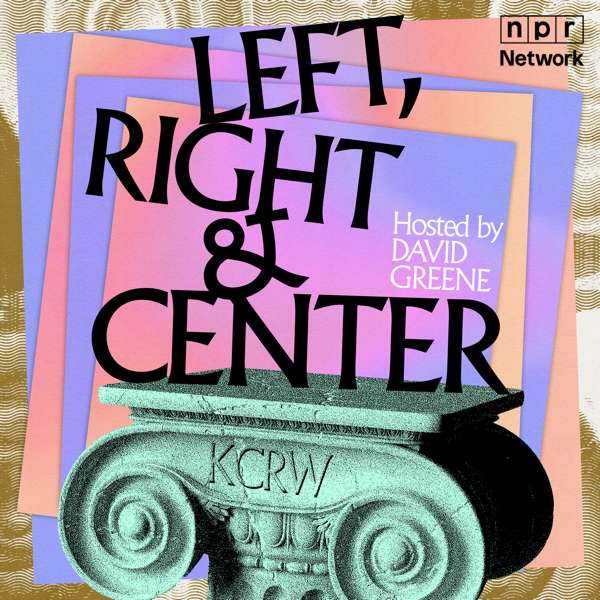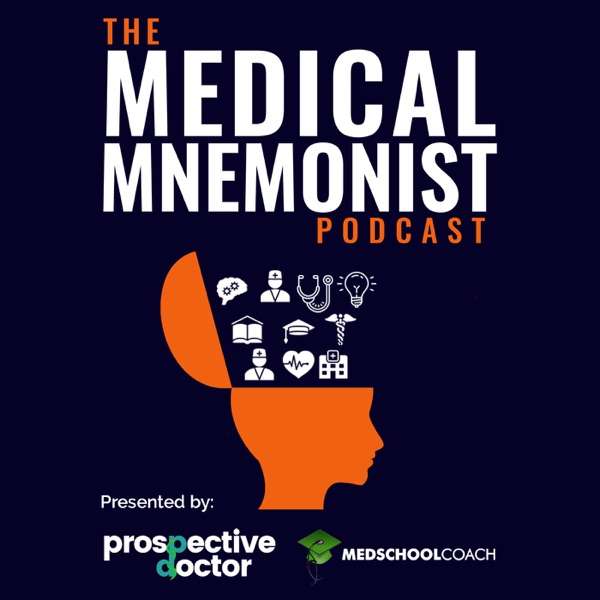Welcome to Circle of Willis!
For this episode I'm sharing a conversation I had a while ago with BRIAN NOSEK, professor of Psychology here, with me, at the University of Virginia, as well as co-Founder and Executive Director of the CENTER FOR OPEN SCIENCE, also here in Charlottesville. Brian earned his PhD at Yale University way back in 2002, only about a year before I first met him here, when I was just a jittery job candidate.
Brian has been in the public eye quite a lot in the past decade or so, not only due to his work with the Implicit Association Test, otherwise known as the IAT, but also and perhaps mainly for his more recent path breaking efforts to increase the transparency and reproducibility of the work scientists do.
I think you'll find that in our conversation, Brian is relentlessly thoughtful about everything that comes up. And I want to say here, publicly, that I think he's absolutely right, at the very least, about the toxicity of the current system of incentives and rewards faced by academic scientists.
Occasionally you'll hear that "science is broken." It's a great, click-baity phrase that thrives in our current social media ecosystem. But it's completely wrong.
Science is not and has never been broken. Even now, science is our most precious, life affirming, life saving, human activity. Literally nothing humans have invented has done more than science has to improve our welfare, to increase our sensitivity to the natural world, or to reveal the forces and mechanisms that form and constrain our miraculous universe.
But the institutional structures within which science is done are in bad shape.
At the foundation, public funding for science is dismal, and that problem is yoked to the steadily declining public commitment to higher education in general. Our institutions have come to rely on bloated federal grants to just keep the lights on, and the responsibility for securing those federal dollars has fallen heavily on the shoulders of scientists who ought to be focused on making discoveries and solving the world's problems. And because that is a heavy burden, institutional structures have formed to incentivize -- some would say coerce -- scientists into striving for those federal dollars. Want to get tenure? Better bring in some big federal grants. Want 12 months of continuous salary? Better bring in some big federal grants. You get the idea.
But there are other problems, too. Want to get a good raise? You'd better publish a lot.
Note that I didn't say you'd better publish excellent work. No one would say that excellent work isn't valued -- it is -- but what you really want is good numbers, because numbers are easier to evaluate.
And we love indices we can point to, that can help us evaluate each other as algorithmically as possible. So each individual scientist has an h-index associated with their name (Google Scholar thinks mine is 44). Journals come with impact factors. And all of these indices are relatively easy to game, so professional advancement and stability orients itself toward gaming the indices at least as much as doing high quality work.
In the meantime, a profession -- a passion, and even an art, really -- can gradually transform into a cynical race for money and prestige.
And though a scientist may well grow skilled at reeling in the money during their career, whatever level of prestige they attain will ultimately fail them.
As John Cacioppo argued in a previous episode of this very podcast, you and your specific work are not likely to be remembered for long, if at all. Prestige and recognition are understandable but ultimately foolish goals. Far better, Cacioppo argued, to focus your attention on the process -- on the doing of your work.
And your best shot at enjoying that work -- perhaps at enjoying your life -- is to make sure that the work that you do is aligned with your values.
Brian Nosek and I are in full agreement on at least one point: The system within which science is done -- particularly within which American science is done -- discourages a process-oriented focus, and, by extension, discourages us from aligning our scientific process with our values.
Why?
Because our institutions have to keep the lights on.
So, science isn't broken at all. How could it be? Science is a system, a philosophy, perhaps even a moral commitment...to transparency and openness, to verifiability, to repeatability, to discovery, and, I would argue, to humility.
Science is far more than a collection of methods and techniques, and, by the way, there is nothing about science that requires coverage by the New York Times to be valid.
What may be broken is the system within which science manifests as a profession.
So here's why I admire Brian Nosek so much: He isn't just complaining about things, the way I do.
Instead, he's working hard to develop an alternative system -- a system based on the scientific process instead of rewarding outcomes, and, by extension, a scientific process based on deeply held scientific values. You and I may not agree with all the details in Brian's approach, but, you know, it's easy to criticize, right?
Anyway, here are Brian Nosek and me, having a conversation in one of the conference rooms at the Center for Open Science.
Music for this episode of Circle of Willis was written and performed by Tom Stauffer of Tucson, Arizona.
For information about how to purchase Tom’s music, as well as the music of his band THE NEW DRAKES, visit his Amazon page.
Circle of Willis is Produced by Siva Vaidhyanathan and brought brought to you by VQR and the Center for Media and Citizenship. Plus, we're a member of the TEEJ.FM podcast network. Special thanks to VQR Editor Paul Reyes, WTJU FM General Manager Nathan Moore, as well as NPR reporter and co-founder of the very popular podcast Invisibilia, Lulu Miller.

 Our TOPPODCAST Picks
Our TOPPODCAST Picks  Stay Connected
Stay Connected







